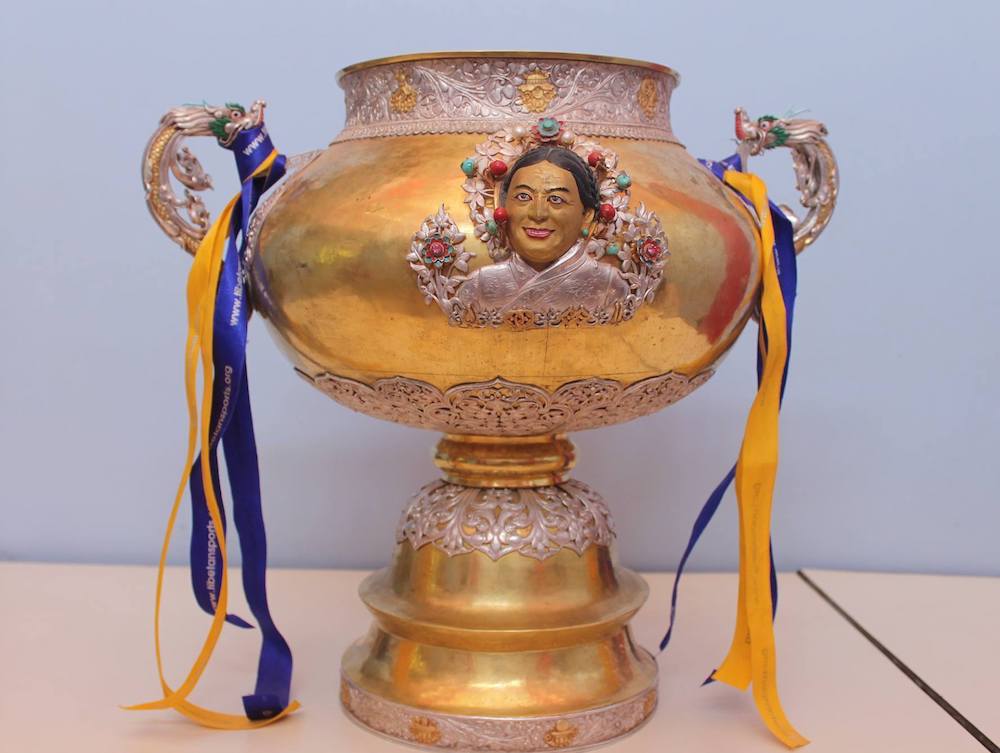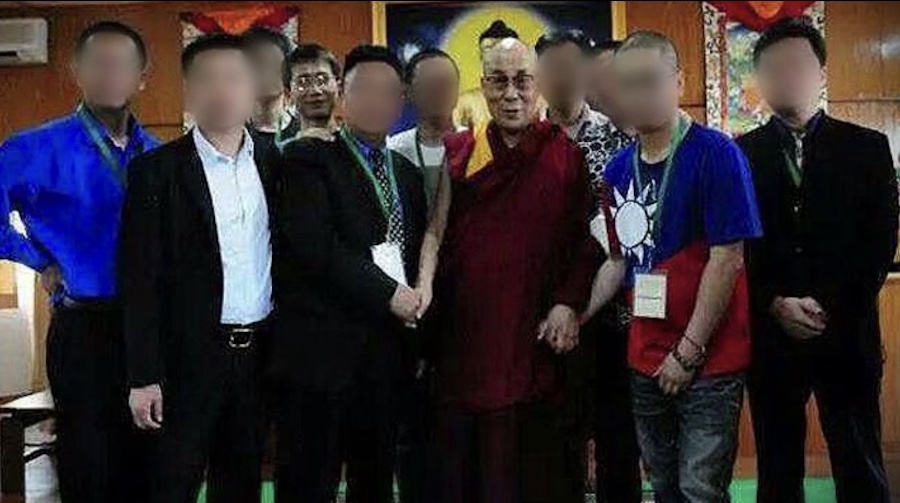 BEIJING — China issued new rules Thursday cracking down on the posting of “harmful” political or religious videos online, two weeks after footage of police allegedly beating Tibetan monks circulated on the Web.
BEIJING — China issued new rules Thursday cracking down on the posting of “harmful” political or religious videos online, two weeks after footage of police allegedly beating Tibetan monks circulated on the Web.
The rules ban online videos that harm national stability, “instigate hatred between ethnic groups” or “maliciously disparage” the nation’s police or armed forces, a notice on the government’s main website said.
The India-based government of the exiled Tibetan spiritual leader, the Dalai Lama, last month released footage allegedly showing brutality by Chinese security forces in Tibet.
The video appeared to show Tibetans, some in monks’ robes, being shackled and beaten by police during anti-Chinese protests across the Tibetan plateau in March last year.
After the clips appeared online, access to video-sharing site Youtube was unavailable in China.
A Chinese foreign ministry spokesman this week refused to confirm whether the government had blocked the site.
Chinese authorities have a history of blocking websites they deem politically unacceptable or offensive, and their censoring of the Internet has created a so-called “Great Firewall of China”.
The tightened restrictions, issued by the State Administration of Radio, Film and Television, also took aim at sexual and religious content.
They ban the posting of videos that “advocate evil cults and superstitions,” a phrase that China often uses to refer to the banned Falungong spiritual sect, which the government views as a potential threat to its authority.
Also prohibited is the posting of movies and television shows without government permission, including foreign films, according to the rules.
China grants approval for only 20 foreign films to be screened in China each year and often requires that objectionable content be deleted before giving them the green light.
For example, in 2006 it ordered that scenes showing residents hanging their dirty laundry from balconies in Shanghai be deleted before “Mission Impossible III” could be screened, state media said at the time.
China has in recent years tried to rein in an explosion of online video content, which is often the only way ordinary citizens can view videos of such things as anti-government protests that would never be aired on the country’s tightly controlled state television.









